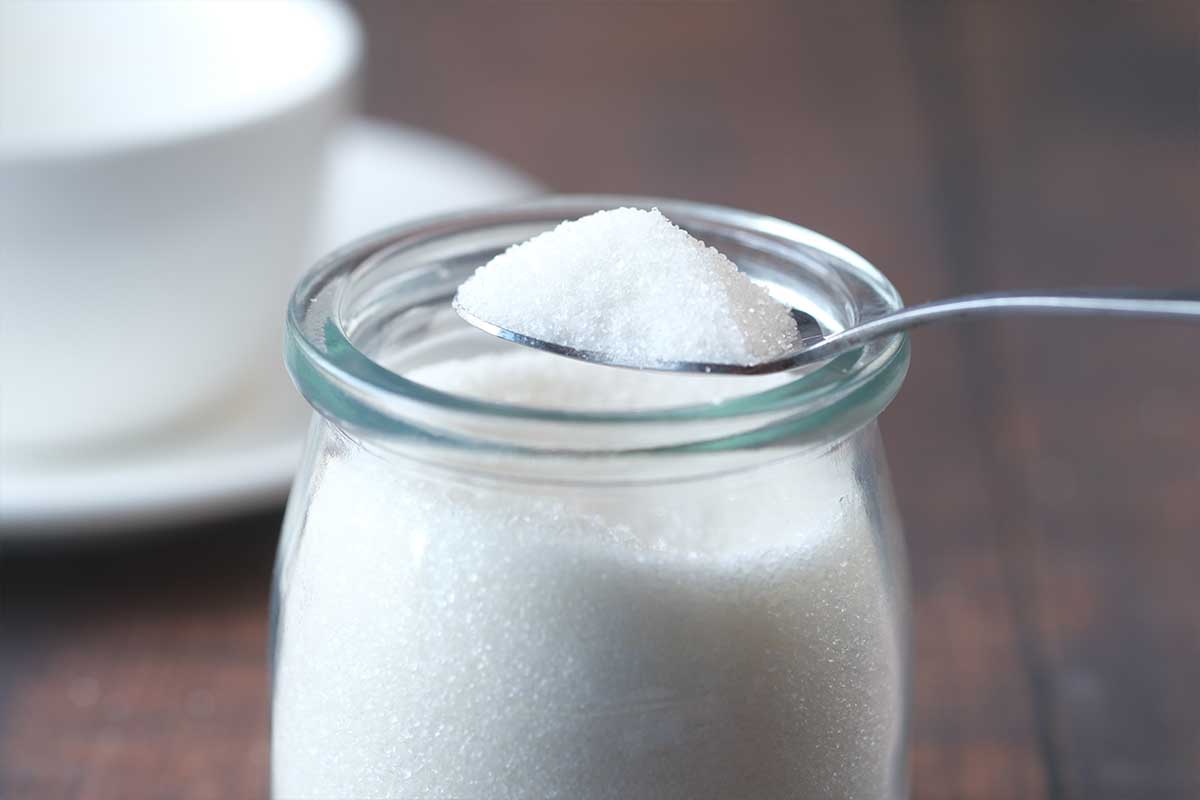Advertisement
Can Aspartame Cause Cancer?
What “possibly carcinogenic” really means

What is aspartame?
In July 2023, the World Health Organization (WHO) classified aspartame as “possibly carcinogenic” to humans based on data from recent studies. Although this classification may seem alarming, it does not necessarily mean you should fear foods and drinks with aspartame. Let’s break down the classification and reveal what other foods could possibly cause cancer.
Aspartame is an artificial sweetener that has been regularly consumed since the 1980s as an alternative to refined sugar. You may have come across it in products like diet soda and low-sugar gum. Currently, no clear evidence exists to confirm that moderate consumption of aspartame is dangerous. However, its safety remains controversial because some research connects artificial sweeteners to headaches, weight gain, increased cancer risk, and other not-so-sweet health effects.
Why was aspartame added to the list?
The International Agency for Research on Cancer (IARC) formally labeled aspartame as “Group 2B: possibly carcinogenic to humans” due to limited evidence from studies that show aspartame may cause cancer in humans. But it’s not all bad news for aspartame. These studies also suggest that there isn’t enough solid evidence to warrant a change in the previously established daily intake of aspartame that’s considered safe for people to consume (40 mg per kg of body weight). A typical can of diet soda contains about 200 mg of aspartame, which is well below that safety threshold for most adults.
What does “possibly carcinogenic” mean?
“Possibly carcinogenic” is a classification made by the IARC that shows there is some evidence to prove that a product can cause cancer; however, it is not conclusive and may be based mainly on animal studies. The Group 2B classification does not necessarily mean it is harmful to consume items that meet the criteria. It simply means that the “possibly carcinogenic to humans” label was given to items because the committee could not rule out the possibility that the products could be linked to cancer.
What are the classifications of carcinogens?
To see how aspartame stacks up against other items on the IARC’s list, it’s helpful to know how the current rating system works and what each category means. Group 1: carcinogenic to humans. This means there is strong evidence that products in this category could cause certain types of cancer in humans.
Group 2A: probably carcinogenic to humans. There is evidence that products in this category can cause cancer in humans, but at present, this is not conclusive.
Group 2B: possibly carcinogenic to humans. This category shows even less evidence in support of the products causing cancer and is therefore far from conclusive.
Group 3: not classifiable as to its carcinogenicity to humans. Products in this category have not been shown to cause cancer in humans.
What other foods could increase cancer risk?
The following substances have been linked with an increased risk of cancer. Luckily, if you’d like to avoid them, there are many healthy and accessible alternatives.
Advertisement
Alcohol
Alcohol consumption is linked to an increased risk of several types of cancer, such as mouth, throat, breast, and liver cancer.
The better option: Embracing a sober-curious lifestyle is easier than ever with so many alcohol-free options. Opt for sparkling water or a botanical spritzer, which are much healthier drinks and often taste amazing—bonus!
Advertisement
Processed meats
Processed meats, such as hot dogs and deli meats, are classified as Group 1 carcinogens by the IARC. This means there is strong evidence linking processed meats to certain cancers, such as colorectal cancer.
The better option: Stick with lean meats such as turkey or fish, or try plant-based options such as legumes (beans and lentils). These healthy picks provide protein and essential nutrients without unhealthy fats or potentially carcinogenic compounds.
Advertisement
Processed snacks
Processed snacks like candy bars and chips often contain high levels of unhealthy fats, sodium, and artificial additives. While the direct link between processed snacks and cancer may not be well established, consuming these snacks in excess can contribute to obesity, which is a known risk factor for various types of cancer.
The better option: Opt for nutrient-rich homemade snacks or other quick and healthy options, like vegetables with hummus, unsalted nuts, or Greek yogurt with berries.
Advertisement
Refined sugar
Diets high in refined sugars are also associated with obesity. Excessive sugar intake can lead to chronic inflammation and insulin resistance, which may play a role in cancer development.
The better option: Choose naturally sweet treats, such as dried or fresh fruit, to satisfy your sweet tooth without sacrificing nutrition.
Advertisement
Should you avoid “carcinogenic” foods altogether?
Cancer is a complex disease influenced by many factors, including genetics, lifestyle choices, and environmental exposures. While some foods may contribute to an increased risk of cancer, there’s likely nothing wrong with enjoying a small treat occasionally—even if it contains a small amount of aspartame. Most importantly, maintain a balanced lifestyle to help support optimal health and well-being for the long term.





